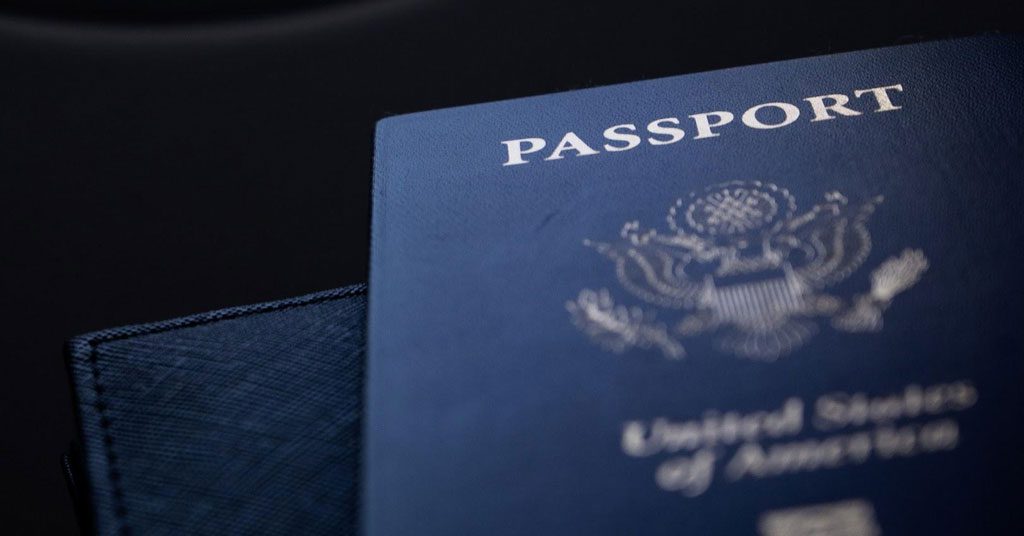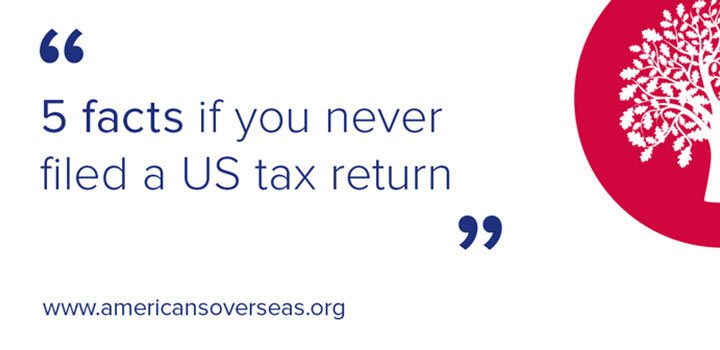
Wall Street journal: More Americans living overseas are renouncing their citizenship

According to the Wall Street Journal: More Americans living overseas are renouncing their citizenship. British Prime Minister Boris Johnson did it. He’s American by birth and decided to renounce his citizenship because of US taxes.
In the past decade, nearly 37,000 Americans expatriated, according to the Federal Register: the official journal of the federal government.
This year promises to set a record.
In the first two quarters, more than 5,300 people renounced their U.S. citizenship, and turned in their passports or green cards, nearly matching the total that expatriated in all of 2016, the previous record-setting year, according to the published list. More than 10,000 U.S. persons could renounce by the end of the year.
The most likely reason for the recent exodus, financial experts surmise, is a desire to stop filing U.S. tax returns—although some former citizens say they had other reasons for making the move.
Renounce citizenship US because of FATCA
British Prime Minister Johnson was born in New York when his British parents worked there but only decided to relinquish his citizenship in 2016 after he had sold his home in north London and found out he might owe $50,000 to the IRS in capital-gains tax.
More than 9 million Americans live overseas, according to the Department of State. The U.S. is one of only two countries that require citizens to file a tax return no matter where they live; the other being Eritrea.
Since 2010 the Foreign Account Tax Compliance Act (FATCA) has required all non-U.S. financial institutions to identify their American customers, a rule intended to combat terrorist financing and tax evasion by people with offshore accounts.
The general idea is that if financial institutions want to do business in the U.S., they have to go through your accounts and find all the Americans (US persons) wherever they are situated and tell the U.S. about them.
In some cases, financial institutions opted out and instead closed their American patrons’ accounts.
The IRS couldn’t provide information on how many Americans living overseas file tax returns and demographic information on the group is difficult to come by, but the Federal Voting Assistance Program, which is mandated to report on the registration and voting activities of U.S. citizens living overseas, estimates that 15% earned $19,999 or less in 2018; 41% earned between $20,000 and $74,999; and 43% earned more than $75,000.
Being told your bank is literally terminating your account is not only upsetting, it’s terrifying.
Americans living overseas renounce citizenship US
The story of U.S. citizens living overseas is often about tax cheats who leave for tax reasons, but modest-income Americans realized they were supposed to be filing taxes, and it was a huge headache. You need an international tax accountant who you’ll pay $1,000 plus each year, at least. That’s not cheap.
There is also a cost to renouncing citizenship (in addition to the $2,350 fee).
The tax rules are complicated, but, in general, an exit tax is calculated for individuals.
Renouncing your US citizenship means forfeiting the right to vote, receive U.S. protection or assistance while abroad, and other benefits. But for some Americans, that might feel like a small price to pay to avoid the financial burdens of living overseas.
Need more information about renouncing citizenship US and tax?
We, the founders of Americans Overseas, were born in the Netherlands and obtained our American nationality through our (American) mother. When we heard about this for the first time around 2013, we were in total disbelief (it can’t be true!), anger (how can they do this?), fear (am I going to get fined or pick up other problems?), and panic (what should I do?).
It is (unfortunately) true that there is an additional American tax levy. But there’s no information from the local government, and when approached, the consulate referred us to the IRS, and the IRS was impenetrable.
That’s why we started this initiative to help people from all over the world by providing proper information to avoid unnecessary panic and offering help free of obligation and free of charge. If needed, we have a network of affordable professionals (accountants) who can help you with your tax obligations.
If you have more questions about US citizenship and tax you can contact us at Americans Overseas.
Contact us for more information
Source: Wall Street journal
Frequently asked questions
Understanding the US tax system, the obligations, and all the additional terms can be difficult. Especially if one lives outside of America. Is your question not answered? Contact us.
-
Who is required to file taxes in the US?
U.S. citizens and resident aliens who live abroad are generally required to file a federal income tax return and pay taxes on their worldwide income.
Read more... about Who is required to file taxes in the US? -
Do US citizens living abroad still have to file taxes in the US?
Yes, US citizens are required to file taxes on their worldwide income, regardless of where they are living.
Read more... about Do US citizens living abroad still have to file taxes in the US? -
How can I cash my US check?
Received an American check? You can cash your check in the following ways: cash the check at your own bank, transfer to another person (endorsement), cash checks using an online service or cash the check by another bank.
Read more... about How can I cash my US check? -
Are there any special tax forms required for US citizens living abroad?
US citizens living abroad may be required to file Form 2555 and/or Form 1116 to claim the foreign-earned income exclusion.
Read more... about Are there any special tax forms required for US citizens living abroad? -
What is FBAR filing?
FBAR (Foreign Bank Account Report) filing is the requirement for certain U.S. individuals and entities to report their foreign financial accounts to the Financial Crimes Enforcement Network (FinCEN) of the U.S. Department of Treasury. The FBAR filing requirement applies to U.S. persons who have a financial interest in, or signature authority over, one or more foreign financial accounts if the aggregate value of those accounts exceeds $10,000 at any time during the calendar year.
Read more... about What is FBAR filing?





